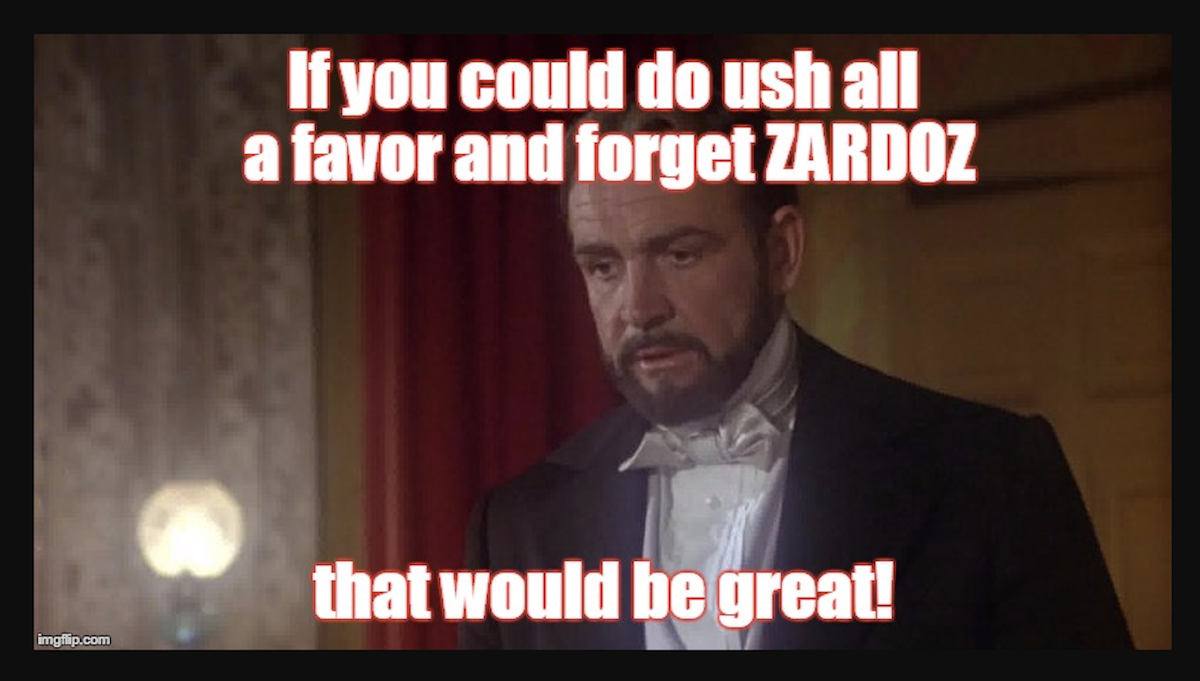Did you ever wonder how a company makes such unbelievably bad decisions?
Undoubtedly, they are made by very smart and experienced executives who are sometimes at the top of their fields. Yet with access to every piece of actionable data, a staff of analysts and 25 years’ of hard-earned experience they lay an egg the size of Manhattan. The “New Coke” or passing on signing the Beatles are among the most famous examples, but I’m more fascinated by the smaller misses — those you see in an app on your phone and say “that’s idiotic…why would they put that there?”
I drive a Tesla Model 3 — the cheap one — and it has about a dozen such head scratchers. The exterior door knobs are sleek, nearly invisible, and almost completely useless. They will also pinch the shit out of your hand if you don’t know how to use them. Did no one even try a prototype? Did they ask 100 people to try it, without explanation, before they greenlit it for production? Clearly, no.
Samsung has some doozies too. Has any living human ever used Bixby?
And how in the name of all things human did Peloton not anticipate a reduction in sales after the pandemic? Did they really think we would all stay home and ride $2000 exercise bikes for eternity?
Back to the Tesla, it doesn’t allow for the use of Android Auto or Apple Car Play. For God’s sake it’s a $50K+ car and you can’t plug your phone into it in 2023.
Did you ever wonder who’s genius idea it was to…well, you get the idea.
Sometimes really smart people with all the resources in the world make inexplicable decisions that they think are brilliant!
It’s much simpler than one suspects, and we have been doing some version of it for years. It’s amazing how a little distance, a fresh set of eyes, and zero required experience in a field can go towards helping a team optimize their decisions and elevate their brand.
Working on a concrete block made from Portland Cement and polystyrene made me realize that it’s the thinking — not the product — that has to be en pointe. To be fair, my partner knows a lot about the precast concrete industry, but I didn’t.
Before I founded RWLGS, I ran a company for The Walt Disney Company that booked over 100 million dollars in annual revenue. We needed an accounting system for the music publishing money. The industry standard was called Counterpoint and was widely accepted and used by dozens, if not hundreds, of other music publishers. BUT the geniuses (I mean that both literally and pejoratively) at the Disney IT department assured me they could easily make our own, thus saving the company several million dollars.
Care to guess what happened? Yep — they failed on every count, and we had to go buy Counterpoint, build an API to integrate Counterpoint with the now-failed Disney Royalty debacle, and hire a Counterpoint “expert” to live with us for a full year (at tremendous expense) to fix the “standing-too-close-to-a-problem” problem.
I like a wide-angle lens, a 30,000 foot view, and brand-new pair of glasses when addressing something new — which is something we’re known for doing well when it comes to performing diligence for high-stakes deals and helping business leaders make key decisions.
So the next time you are sipping on a “New Coke” and eating your Black Jack Taco from Taco Bell, remember that anyone can make a bad decision…but they’re all optional.

